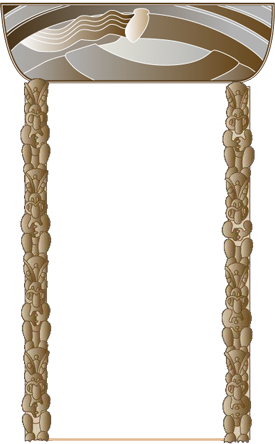[cs_content][cs_element_section _id=”1″ ][cs_element_layout_row _id=”2″ ][cs_element_layout_column _id=”3″ ][cs_element_image _id=”4″ ][cs_element_nav_layered _id=”5″ ][/cs_element_layout_column][cs_element_layout_column _id=”6″ ][cs_element_text _id=”7″ ][/cs_element_layout_column][/cs_element_layout_row][/cs_element_section][/cs_content][cs_content_seo]Google Chrome
Safari
Firefox
Microsoft Edge
Internet Explorer
Opera
Everything you do online is recorded. Your computer stores hundreds of bits of information about everything you do, including information about which websites you’ve visited, your passwords, and what is in your emails. An abuser can easily track the websites you visit or read your email messages.
There is no way to completely cover your movements online. The information here can help you to cover your tracks online but the only way to be sure is to use a completely different computer, either at a local library, internet cafe, friend’s house or at work.
Deleting Your Browser History
If someone knows how to read your computer’s history or cache file (automatically saved web pages and graphics), they can see what you have been looking at on the internet.
The best way to hide what you have been looking at on the internet is to clear your history and your cache file. Look for your web browser in the list, click on the link and follow the instructions. If you use multiple web browsers you should make certain your clear the history on each browser.
Securing Your Email
You can help to keep your e-mail private by setting up a password so anyone who wants to read the e-mails will have to log in. When you choose a password, just make sure it is not one that can be easily guessed, such as your birthday or the name of a shared pet.
When you are setting up a log in or using your account, make sure you do not select the Save my password or Keep me logged in options (not having these options selected prevents people from accessing your e-mail using auto-logins).
Also, remember to log out of your e-mail accounts when you have finished your session.
If anyone sends you threatening or harassing e-mail messages, these messages may constitute a criminal offence. You can print and save these e-mails as evidence of this offence. For more information, contact the Police. [/cs_content_seo]
[/cs_content_seo]
